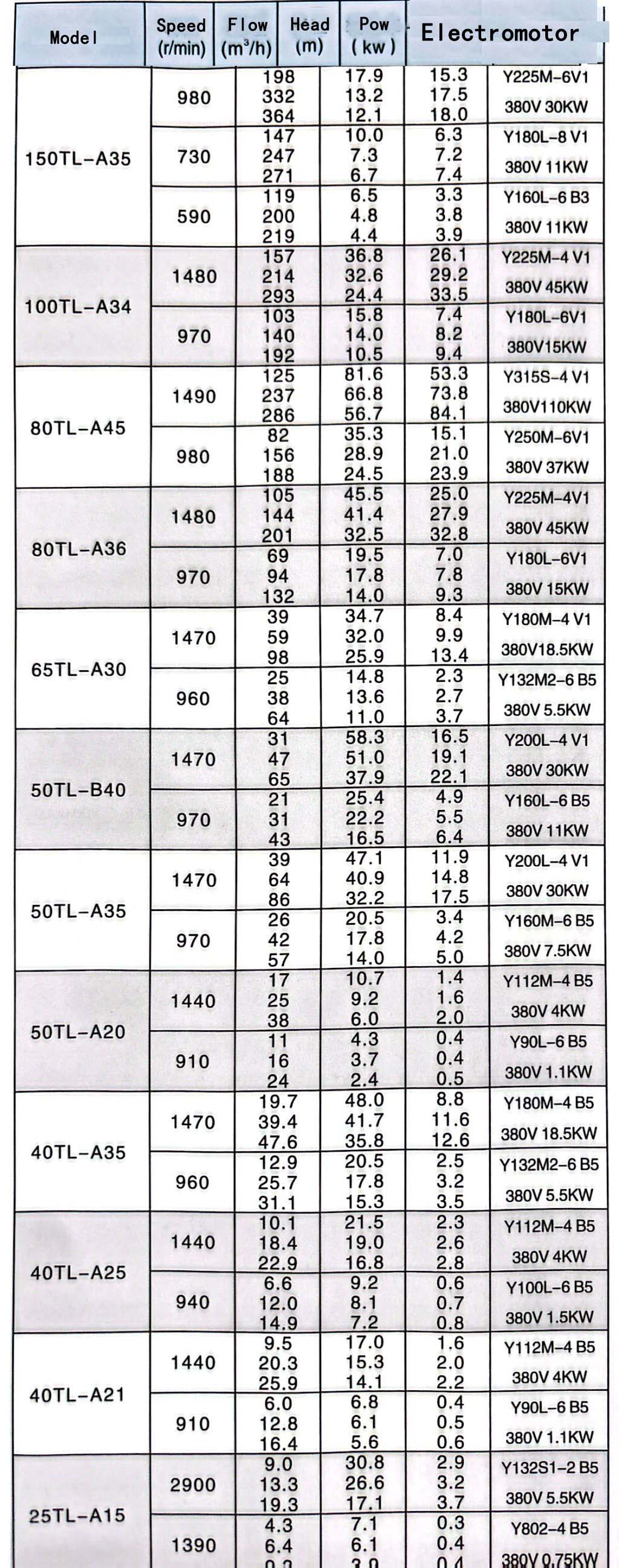English
- Afrikaans
- Albanian
- Amharic
- Arabic
- Armenian
- Azerbaijani
- Basque
- Belarusian
- Bengali
- Bosnian
- Bulgarian
- Catalan
- Cebuano
- Corsican
- Croatian
- Czech
- Danish
- Dutch
- English
- Esperanto
- Estonian
- Finnish
- French
- Frisian
- Galician
- Georgian
- German
- Greek
- Gujarati
- Haitian Creole
- hausa
- hawaiian
- Hebrew
- Hindi
- Miao
- Hungarian
- Icelandic
- igbo
- Indonesian
- irish
- Italian
- Japanese
- Javanese
- Kannada
- kazakh
- Khmer
- Rwandese
- Korean
- Kurdish
- Kyrgyz
- Lao
- Latin
- Latvian
- Lithuanian
- Luxembourgish
- Macedonian
- Malgashi
- Malay
- Malayalam
- Maltese
- Maori
- Marathi
- Mongolian
- Myanmar
- Nepali
- Norwegian
- Norwegian
- Occitan
- Pashto
- Persian
- Polish
- Portuguese
- Punjabi
- Romanian
- Russian
- Samoan
- Scottish Gaelic
- Serbian
- Sesotho
- Shona
- Sindhi
- Sinhala
- Slovak
- Slovenian
- Somali
- Spanish
- Sundanese
- Swahili
- Swedish
- Tagalog
- Tajik
- Tamil
- Tatar
- Telugu
- Thai
- Turkish
- Turkmen
- Ukrainian
- Urdu
- Uighur
- Uzbek
- Vietnamese
- Welsh
- Bantu
- Yiddish
- Yoruba
- Zulu
Telephone: +86 13120555503
Email: frank@cypump.com
Oct . 09, 2024 06:06 Back to list
septic water pump
Understanding Septic Water Pumps Importance and Maintenance
Septic water pumps play a vital role in the efficient functioning of a septic system. These systems, commonly used in rural and suburban areas where sewer lines are not accessible, rely on a series of processes to treat wastewater effectively. For homeowners with septic tanks, understanding the significance of septic water pumps and proper maintenance practices can ensure the longevity and efficiency of their waste management systems.
What is a Septic Water Pump?
A septic water pump is specifically designed to facilitate the movement of wastewater from the septic tank to the drain field or leach field. The pump is particularly important in situations where gravity flow is insufficient, such as when the septic tank is located below the drain field level. By using a septic water pump, homeowners can prevent backups and ensure that wastewater is effectively transported for proper treatment.
These pumps typically activate automatically when the wastewater level in the tank rises to a certain point, engaging the pump's motor to move the effluent. The effluent is then expelled into the drain field, where it can undergo further natural filtration and breakdown by soil microorganisms.
The Importance of Proper Maintenance
Proper maintenance of a septic water pump is crucial for the entire septic system's health. Regular inspections and upkeep can prevent many common issues, such as pump failure, clogs, and backups, which can lead to costly repairs and environmental hazards. Here are some essential maintenance tips for homeowners to consider
1. Regular Inspections It is advisable to have a professional inspect the septic system and pump at least every three years. This can help catch potential problems early on and ensure that all components, including the pump, are functioning correctly.
septic water pump

2. Pump Replacement On average, a septic water pump lasts about 5 to 15 years, depending on model, usage, and maintenance. Homeowners should keep track of the pump's age and replace it when necessary to avoid unexpected failures.
3. Avoid Excessive Use Be mindful of water use in the household. Excessive water can overwhelm the septic system, leading to pump strain and inefficiency. Implementing water conservation practices can minimize stress on the system.
4. Watch What Goes Down the Drain Only human waste and toilet paper should be flushed down the toilet. Avoid putting chemicals, fats, or non-biodegradable materials into the system, as they can cause clogs and damage the pump.
5. Check for Alarms Most modern septic water pumps come with an alarm system designed to alert homeowners of issues, such as pump failure or high water levels. Familiarize yourself with your pump's alarm and respond immediately if it goes off.
Conclusion
Septic water pumps are an essential component of a septic system, ensuring that wastewater is efficiently transported to the drain field where it can be treated naturally. Proper maintenance and awareness can prolong the life of the pump and maintain the overall functionality of the septic system. Homeowners should remain proactive, conducting regular inspections and following best practices to safeguard their investment and the environment.
By understanding the importance of septic water pumps and committing to diligent maintenance, homeowners can create a sustainable and efficient wastewater management solution that benefits their property and the surrounding ecosystem. Taking care of your septic system not only protects your home from costly repairs but also contributes to the health of our environment by ensuring effective wastewater treatment.
-
ISG Series Vertical Pipeline Pump - Chi Yuan Pumps Co., LTD.|High Efficiency, Energy Saving, Low Noise
NewsJul.30,2025
-
ISG Series Vertical Pipeline Pump- Chi Yuan Pumps|High Efficiency&Low Noise
NewsJul.30,2025
-
ISG Series Vertical Pipeline Pump-Chi Yuan Pumps Co., LTD.|High Efficiency&Energy Conservation
NewsJul.30,2025
-
ISG Series Vertical Pipeline Pump - Chi Yuan Pumps Co., LTD.|Advanced Hydraulic Design&Energy-Efficient Solutions
NewsJul.30,2025
-
ISG Series Vertical Pipeline Pump - Chi Yuan Pumps Co., LTD.
NewsJul.30,2025
-
ISG Series Vertical Pipeline Pump - Chi Yuan Pumps Co., LTD.|energy-efficient fluid handling&industrial durability
NewsJul.30,2025










